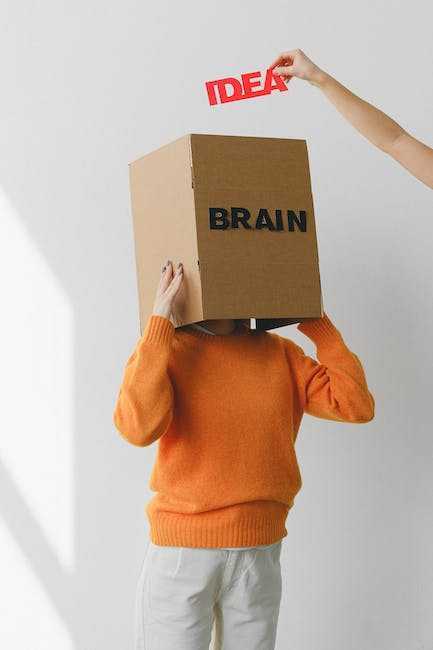
Contents
Understanding the Link Between Hypothyroidism and Depression
Depression is one of the most common mental health issues, and affecting your thyroid can also have a significant impact on your mental health. It is possible to develop depression as a result of an imbalance in your thyroid hormones. In this article we take a look at the link between hypothyroidism and depression, as well as the ways in which you can manage and treat it.
What Is Hypothyroidism?
Hypothyroidism occurs when your thyroid gland does not produce enough of the thyroid hormones thyroxine (T4) and triiodothyronine (T3). These two hormones are essential for the regulation of your body’s metabolism and other bodily functions.
The most common cause of hypothyroidism is an autoimmune condition known as Hashimoto’s thyroiditis. Other causes of hypothyroidism include surgery, drugs, radiation therapy, iodine deficiency, and an inflammation of the thyroid gland.
Signs and Symptoms of Hypothyroidism
People with hypothyroidism may experience a range of symptoms, including:
- Fatigue
- Weight gain
- Dry skin
- Sensitivity to cold
- Hair loss
- Constipation
- Muscle aches and cramps
- Depression
The Connection Between Hypothyroidism and Depression
Hypothyroidism can cause a range of physical and emotional symptoms that can lead to depression. The hormonal changes associated with hypothyroidism can also interfere with the body’s production of serotonin, the neurotransmitter responsible for regulating mood, emotion, and sleep. This can lead to a decrease in energy, a general feeling of unhappiness, and difficulty concentrating.
Furthermore, the physical symptoms of hypothyroidism, such as fatigue and weight gain, can exacerbate the symptoms of depression. Other medical conditions associated with hypothyroidism, such as pernicious anemia, can also lead to depression.
Treating Hypothyroidism and Depression
The most effective way to treat hypothyroidism and depression is to identify and address the underlying cause, typically an autoimmune disorder. If the underlying cause cannot be treated, medications may be prescribed to replace the missing thyroid hormones and help regulate the body’s metabolism. In cases of severe depression, antidepressants may also be prescribed to increase serotonin levels and relieve symptoms.
Managing Hypothyroidism and Depression
In addition to medical treatment, lifestyle changes can be extremely beneficial for managing hypothyroidism and depression. Lifestyle changes such as getting more sleep, eating a healthy diet, and regular exercise can help to relieve symptoms, improve energy levels, and boost overall wellbeing. Stress reduction techniques such as yoga, mindfulness, and deep breathing can also be beneficial in managing depression.
Conclusion
Hypothyroidism can cause a range of physical and emotional symptoms that are linked to depression. It is important to identify and address the underlying cause of the hypothyroidism, as well as to make lifestyle changes, such as exercising and eating a healthy diet, to further manage symptoms. If you or someone you know is suffering from depression as a result of hypothyroidism, it is important to seek professional help and speak to your doctor as soon as possible.
Keywords:
Hypothyroidism, Depression, Mental Health, Thyroid, Thyroid Hormones, Hashimoto’s Thyroiditis, Serotonin,
Antidepressants, Stress Reduction, Yoga, Deep Breathing.
